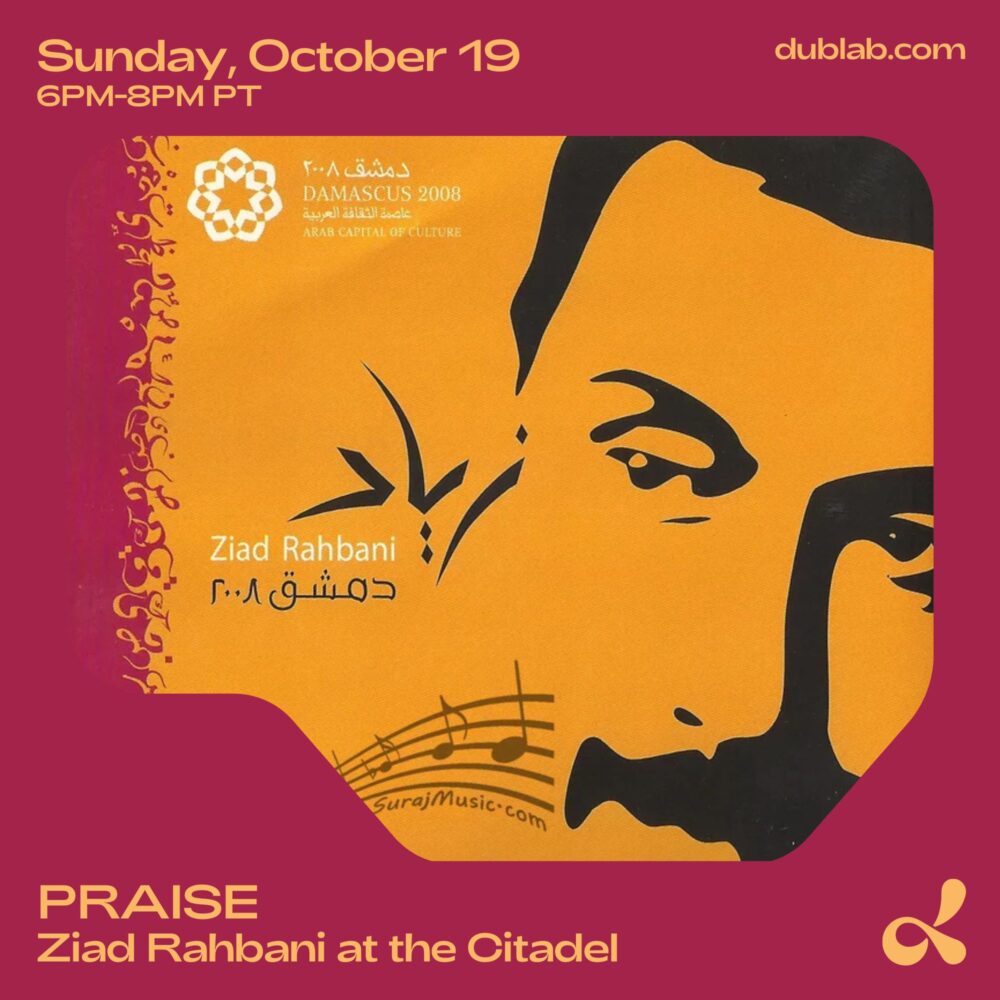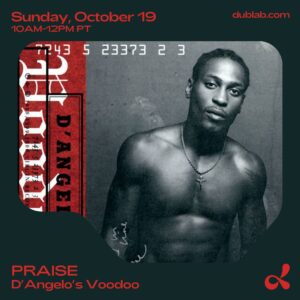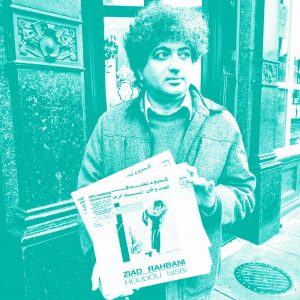PRAISE: Ziad Rahbani at the Citadel
10.19.25

PRAISE is a series curated by the Broadcast Team at dublab, honoring the legacies of artists departed. On today’s broadcast, we pay homage to the album Live at Damascus Citadel (2008) by Ziad Rahbani.
~~~~~~~~~~~~~~
Article: “The Ziad Rahbani Generation”
by Chahrazade Douah
Excerpt:
“I grew up with Ziad as a lifeline to an Arab world that I had little access to and that only seemed to exist in his songs: rebellious, self-aware, absurd and still musically transcendent. He made sure the region wasn’t just a postcard in my diaspora imagination, but a complicated, painful yet humorous reality. His critique of his own country, Lebanon, and by extension the Arab world as a whole, through the lens of class struggle and his unwavering support for Palestine made him a working-class icon: an enfant terrible who spoke truth to power.
Of course, he was not unanimously approved of. It was not rare to hear a relative raise an eyebrow when a new interview with Ziad was released, accompanied by the question, “What has he said this time?” His positions during the Syrian Revolution, when he expressed sympathies for the regime of Bashar al-Assad, and his unwavering support of Hezbollah left more than a few fans puzzled, but it was always clear that Ziad spoke his mind. He did not speak to please his audience.
Despite all his contradictions, or maybe because of them, he achieved what seemed impossible: forging a sense of belonging among Arabs across generations, especially at a time when the promise of pan-Arabism faded and the Arab left stumbled. I was born in the mid-1990s, a time when that political legacy was but an echo. Yet I found peers of all ages who would use Ziad to mark the rhythms of their everyday life. Friends in Egypt singing “Aycheh Wahda Balak” (“Living Alone Without You”) to mock someone after a breakup: “How can you keep talking about your love? The whole town laughs at you.” A Palestinian friend of mine quoted the famous line, “Soraya, your son is intelligent, but he is a donkey” from Ziad’s 1978 play “Bennesbeh Labokra Chou?” (“What About Tomorrow?”) to describe the poor conduct of a love interest of mine. Through Ziad’s music, I felt part of something larger, yet intimate. I am not sure whether we were hopeful or born disillusioned, but we shared a bond — a blend of humor, wit, cynicism and a profound pride in our cultural heritage that reached its apogee in Ziad’s hands.”


